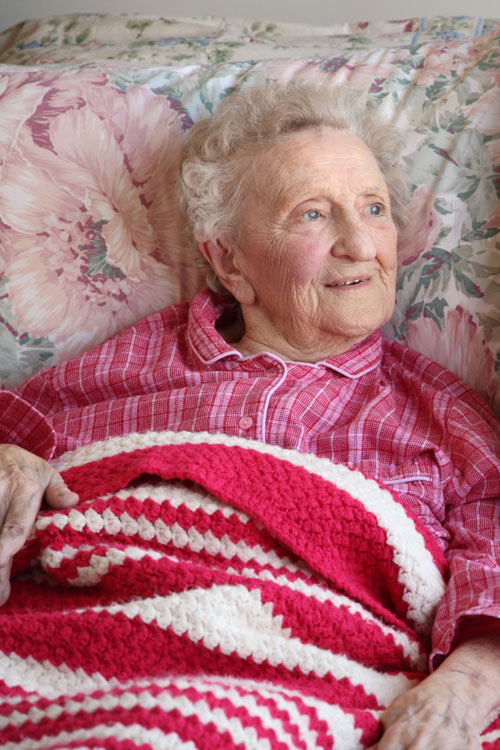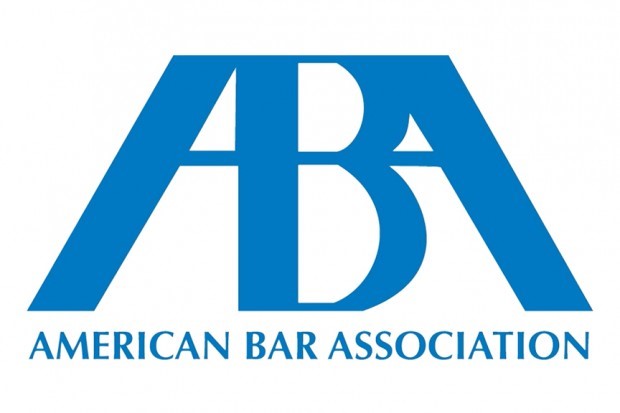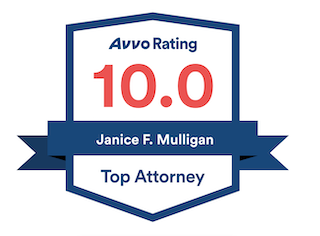You may have found this website because you are feeling that a loved one is being abused or neglected. You have probably already spoken with the facility’s staff and gotten nowhere. Maybe you have seen incidents of neglect repeated over and over.
We get lots of calls from individuals who want to know whether there is something wrong with the nursing home in which they have placed an elderly parent or dependent relative with special needs. They want to know whether a facility has provided poor care in the the past and how to make sure this doesn’t happen to someone else. They want to know how to report suspected acts of abuse or neglect of an elder and how to find out if they should bring a legal action themselves on behalf of their loved one.
Our California Elder Abuse attorneys have many years of experience, have handled unique and unusual cases, as well as common elder neglect claims, and know the distinctions between the laws that apply to different types of homes and caregivers in this state.
Nursing home residents are at high risk for abuse and neglect because they are vulnerable. Family cannot be with them every minute. Sometimes these homes have untrained, poorly screened, unsupervised or not enough staff to take care of residents. The courts and legislature know this. They have taken steps to protect elders over 65 and even those who are not “elders,” but who are adult dependents, over 18 years old, of a care facility.
There are strong federal and California state laws to protect our elderly and dependent family members.[1] Every nursing home “must provide services to attain or maintain the highest practicable physical, mental and psychosocial well-being of each resident in accordance with a written plan of care.”[2] Nursing homes’ care plans are supposed to address the individual needs and concerns of each person, based on their conditions.
What is Elder Neglect?
“Neglect” can take the form of the loved one being deprived of care or treatment necessary to avoid physical harm or mental suffering.[3] Neglect can include failure to assist in personal hygiene; provide food, clothing, or shelter; provide medical care; protect from health and safety hazards; or prevent malnutrition or dehydration.[4]
“Physical abuse” is any of the following: assault, battery, assault with a deadly weapon, unreasonable physical constraint or prolonged deprivation of food or water, and sexual assault, including rape, incest, and battery.[5]
WHAT CAN THE VICTIM OF ELDER/DEPENDENT ABUSE AND THEIR FAMILIES RECOVER FOR THESE SERIOUS WRONGS?
Victims and their surviving families are entitled to recover both general damages and in some cases, enhanced remedies. The types of damages available include:
Compensation for Pain & Suffering
Medical Bills/ Out of Pocket Expenses
Loss of Consortium Claims
Money for Pre-Death Pain & Suffering, if the person has passed away
Wrongful Death Claim for the Estate (usually surviving spouse and/or children)
Attorneys Fees
Costs
Punitive Damages
Injunction
Why Do You Need an Attorney?
Whether the abuse was a single, isolated event or a series of incidents over a period of time, you should get the advice and help of experienced attorneys. At Mulligan Law, we have decades of experience in Elder Neglect and Abuse. We also have lawyers on staff who are licensed medical professionals.
We know it is hard to cope with the serious issues that come up when a friend or person you love has been a victim of physical abuse or neglect. Whether your relative or friend is in a skilled nursing facility, a residential care facility for the elderly, or even a hospital, you need to know that you can report the suspected abuse or neglect and request that an investigation be conducted.
And, you can call us to help at (619) 238-8700. All of our cases taken are on a contingency basis, so you don’t have to pay a fee until we win your case. We aggressively stand with you on behalf of your loved one. We fight hard for justice when neglect or abuse has taken place.
[1] These laws are collectively referred to as the California Elder and Dependent Adult Civil Protection Act (usually referred to as the “Elder Abuse Act”).
[2] Under the Omnibus Budget Reconciliation Act of 1987 (OBRA 87 – The Nursing Home Reform Act), 42 CFR 483, et seq., the home must do this in order to qualify for Medicare.
[3] Welf. & Inst. Code §15610.07. These laws are collectively referred to as the California Elder and Dependent Adult Civil Protection Act (usually referred to as the “Elder Abuse Act”).
[4] Id.
[5] Welf. & Inst. Code §15610.63.
OTHER RESOURCES:












